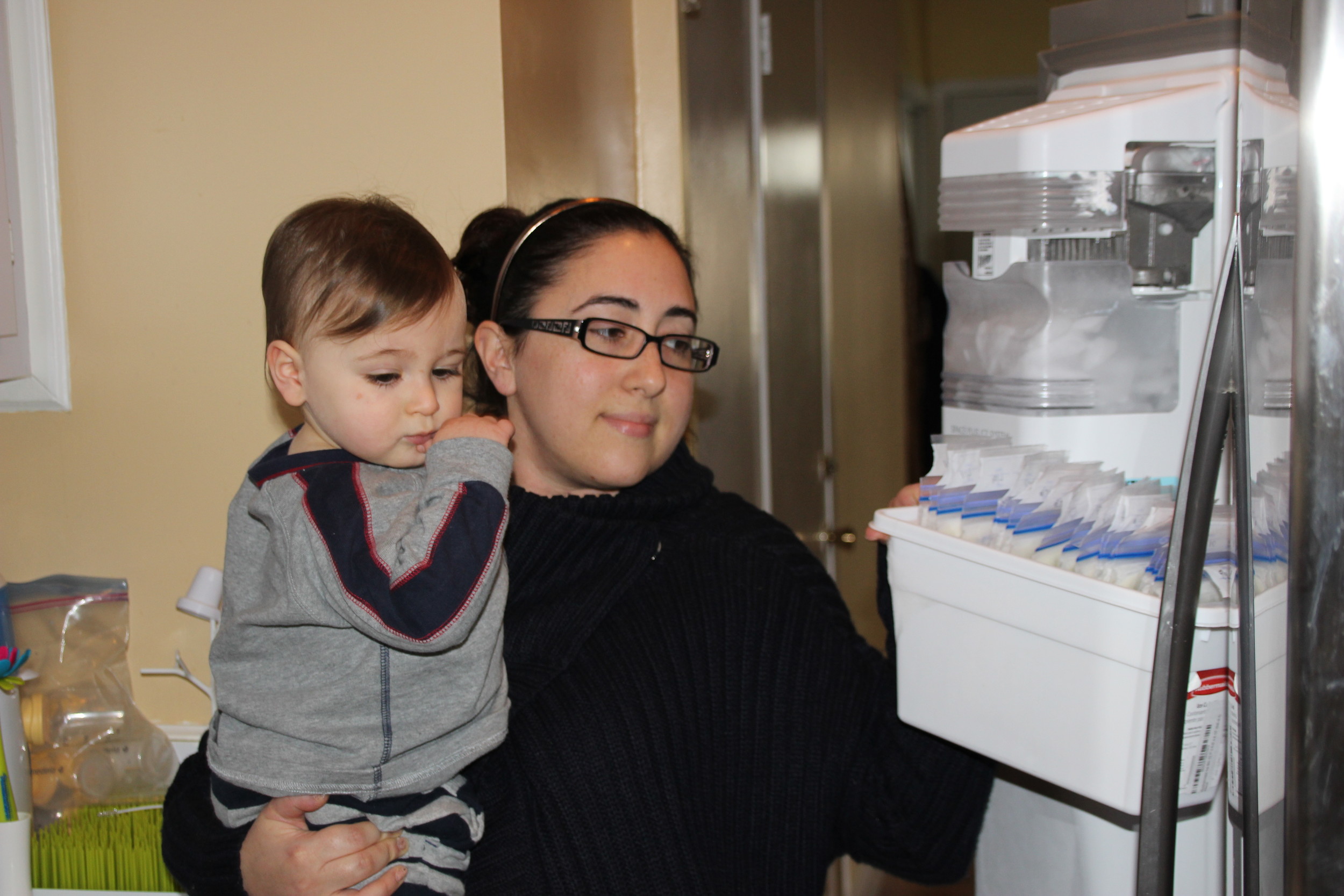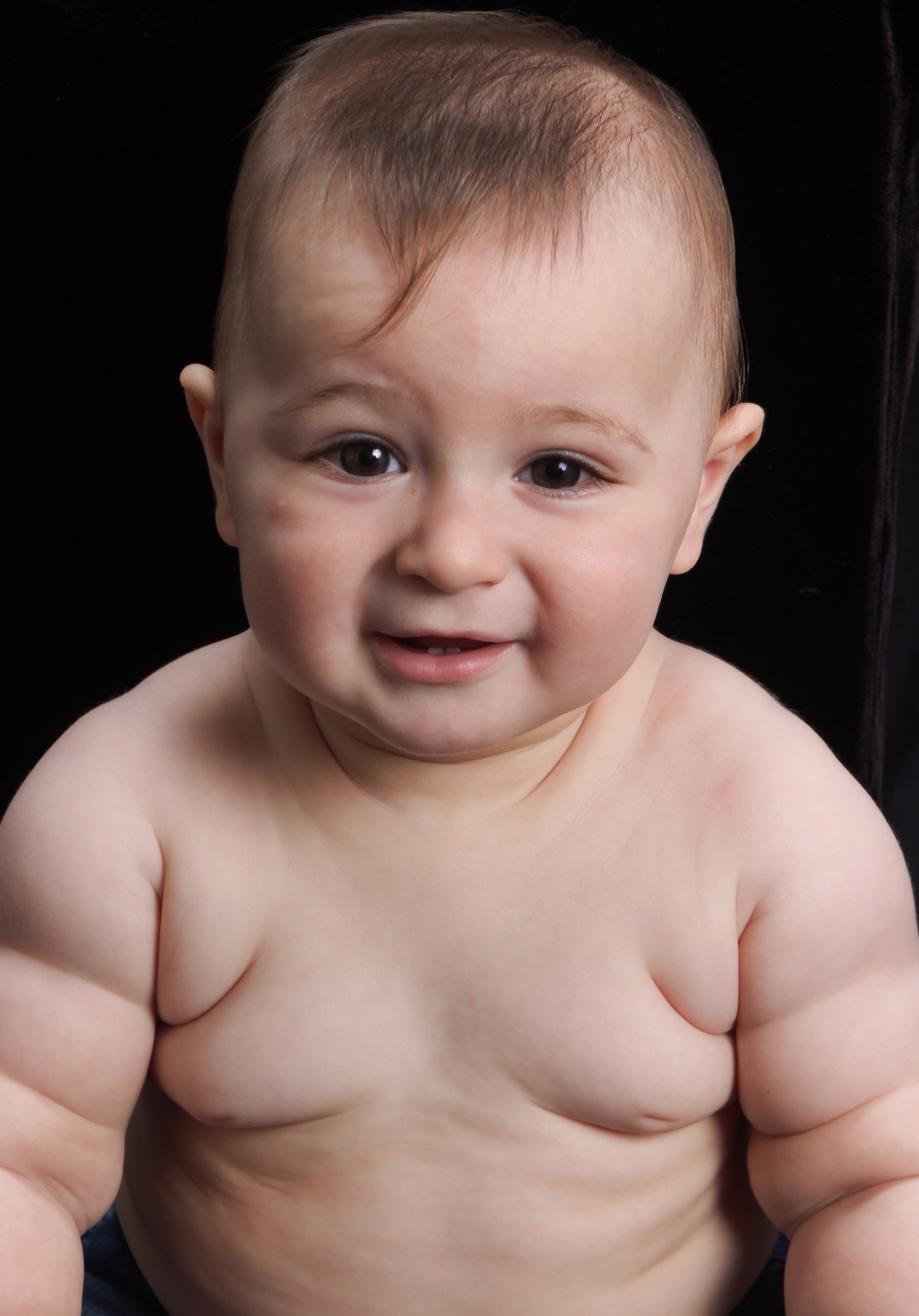Liquid gold: Legislators seek to make donor breast milk affordable

In Rachael Fried’s freezer, there are several dozen plastic sleeves of breast milk that she has produced and collected over the past several months, intended for her son, Aaron — more than he could possibly consume before it expires.
“I was just producing more, which I was blessed to do because some mothers can’t,” Fried said. “Some women have trouble producing.”
Fried, 34, of Valley Stream, said that the New York Milk Bank in Westchester, a nonprofit organization that opened last year, denied her donation request because it didn’t meet the facility’s 150-ounce requirement. She said she has about 100 ounces.
“I really want to help other babies and other moms,” Fried said. “It’s not like I only have 20 ounces … I have a lot.”
New York state needs an estimated 200,000 ounces of PDHM per year just to meet the needs of the smallest premature infants. Before NYMB opened, milk donated by mothers in New York was sent to milk banks in other states for processing and distribution.
Gov. Andrew Cuomo vetoed a bill in November that would have provided medical coverage for the cost of donor breast milk. The bill, commonly referred to as Nickolas’s Bill, passed unanimously in the Senate and Assembly.
“While I fully understand the seriousness of these conditions and the devastating effect on the families involved, this bill as drafted is contrary to the sponsors’ goal of helping high-risk babies that are born prematurely,” Cuomo wrote in a veto memo to the Senate. “Instead, it is technically flawed and, even assuming it could be implemented as drafted, has no funding appropriated to achieve its goal.”
Bouchet-Horwitz said that in preparation for New York state’s 2018 budget process, the NYMB calculated that it would need $2.6 million in funding to provide sufficient PDHM to families. In turn, she added, that would save the state an additional $15 million in medical expenses associated with NEC and other diseases.
“It makes sense,” she said. “It’s a no-brainer.”
Assemblywoman Michaelle Solages (D-Elmont) and Sen. Kemp Hannon (R-Garden City) have worked together to advance this issue at the state level. “When a preemie is in the [neonatal intensive care unit], providing them with donor breast milk gets them out of the NICU quicker,” said Solages. “It’s a cost savings.”
She also said she would reintroduce the bill in the Assembly if the funding could not be included in the 2018 state budget.
In the interim, Fried isn’t sure what she will do with her excess milk. “I feel like the government should really be supporting this,” she said.
Fried, said she spent about six weeks getting, Aaron, to be breastfed after his traumatic delivery. Once she did, she began producing a surplus of milk, which reinvigorated her passion for making donor milk available and affordable to new mothers.
Julie Bouchet-Horwitz, executive director of NYMB, said that the 150-ounce minimum reduces the potential costs of blood tests for each donor and the processing of donor milk. The bank’s other costs include employee salaries, $40,000 worth of pasteurizing equipment, freezers and storage space, and shipping costs.
“We’re not here to make money,” Bouchet-Horwitz said. “We’re here just to stay alive.”
The market price for human milk is about $4.50 per ounce, and she said the NYMB’s goal is to supply donor milk to newborns who don’t have access to it, and to lobby insurance companies to cover the costs. The milk bank does accept donations less than 150 ounces if the donor is a bereaved mother.
About one in 10 babies is born prematurely, according to NYMB. These infants often face significant health challenges and are at risk of developing the serious intestinal disease, necrotizing enterocolitis, which can be fatal. Feeding premature babies exclusively with human breast milk can dramatically reduce the risk, so it is crucial that hospitals have a dependable, affordable supply of pasteurized donor human milk, or PDHM.

 60.0°,
Overcast
60.0°,
Overcast 




